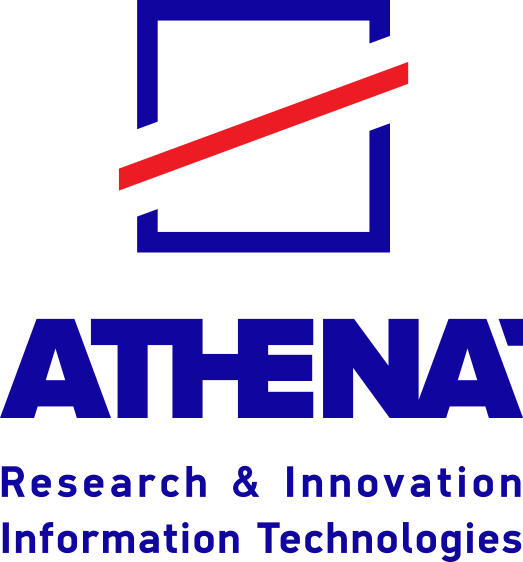Responsible AI
DESCRIPTION
As AI algorithms are increasingly deployed in domains that profoundly impact human lives, concerns about their reliability and societal impact have become more pressing. Responsible AI is crucial to ensure fairness, transparency, and accountability, preventing bias and unintended harm. It also fosters trust in AI systems by aligning their development with ethical principles, regulatory standards, and societal values.
Our research focuses on algorithmic fairness and explainability, examining their application across different contexts, including graph-structured data, recommendation systems and ranking. We also explore these issues in various applications, particularly in natural language processing, healthcare, and misinformation.
Responsible AI is affiliated with the Z-inspection® initiative. Z-Inspection® is a holistic process for evaluating the trustworthiness of AI-based technologies at different stages of the AI lifecycle. In particular, it focuses on identifying and discussing ethical issues and tensions through the development of socio-technical scenarios. The process has been published in the IEEE Transactions on Technology and Society. Z-Inspection® is distributed under the terms of the Creative Commons License (Attribution-NonCommercial-ShareAlike CC BY-NC-SA). Z-Inspection® is listed in the new OECD Catalogue of AI Tools & Metrics.
RESEARCHERS
Antonios Anastasopoulos
George Mason University, USA
Archontis Giannakidis
Nottingham Trent University, UK
Aris Pagourtzis
National Technical University of Athens, Greece
Dimitrios Kanoulas
University College London, UK
Evaggelia Pitoura
University of Ioannina, Greece
Grigorios Tsoumakas
Aristotle University of Thessaloniki, Greece




